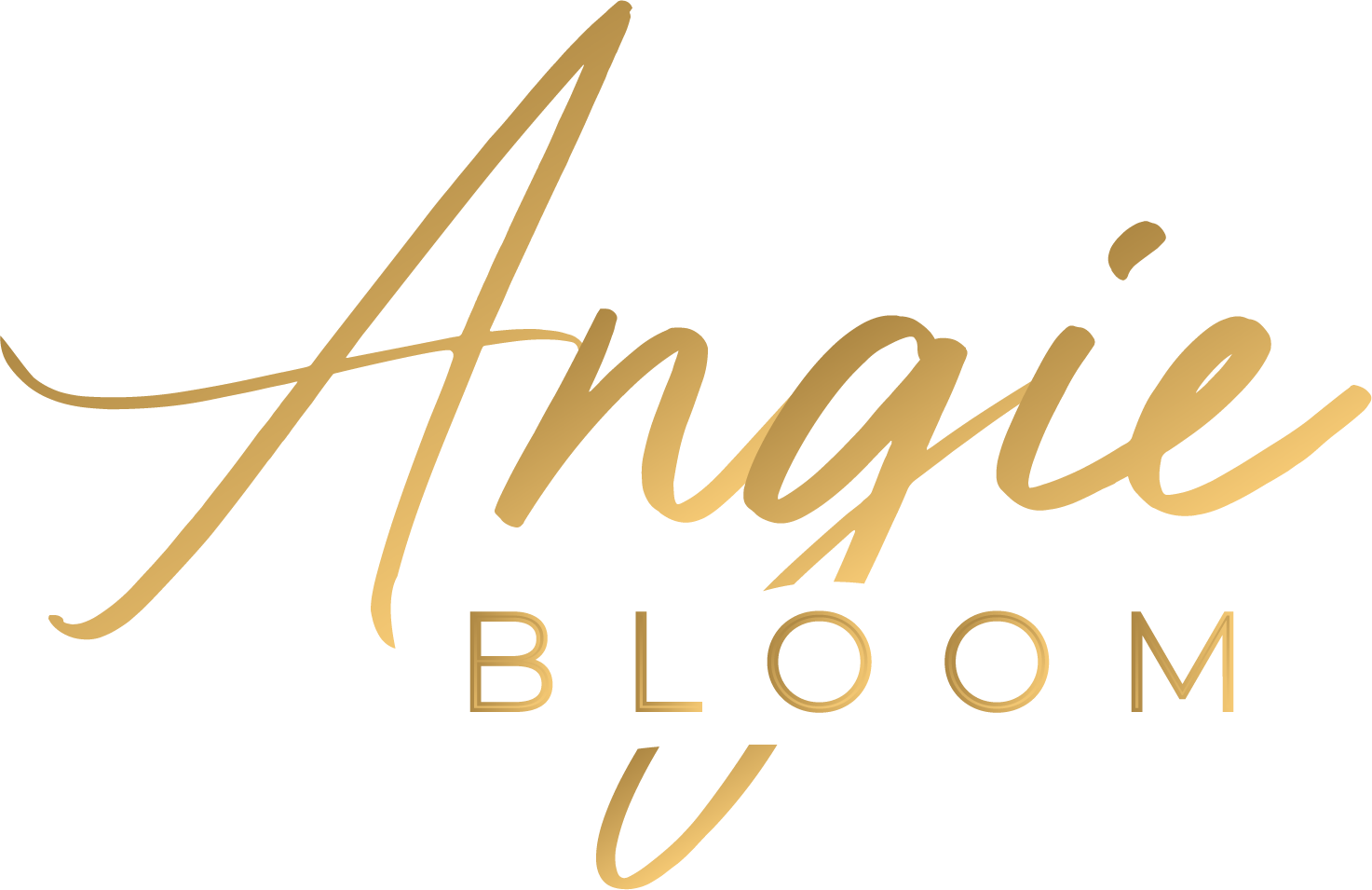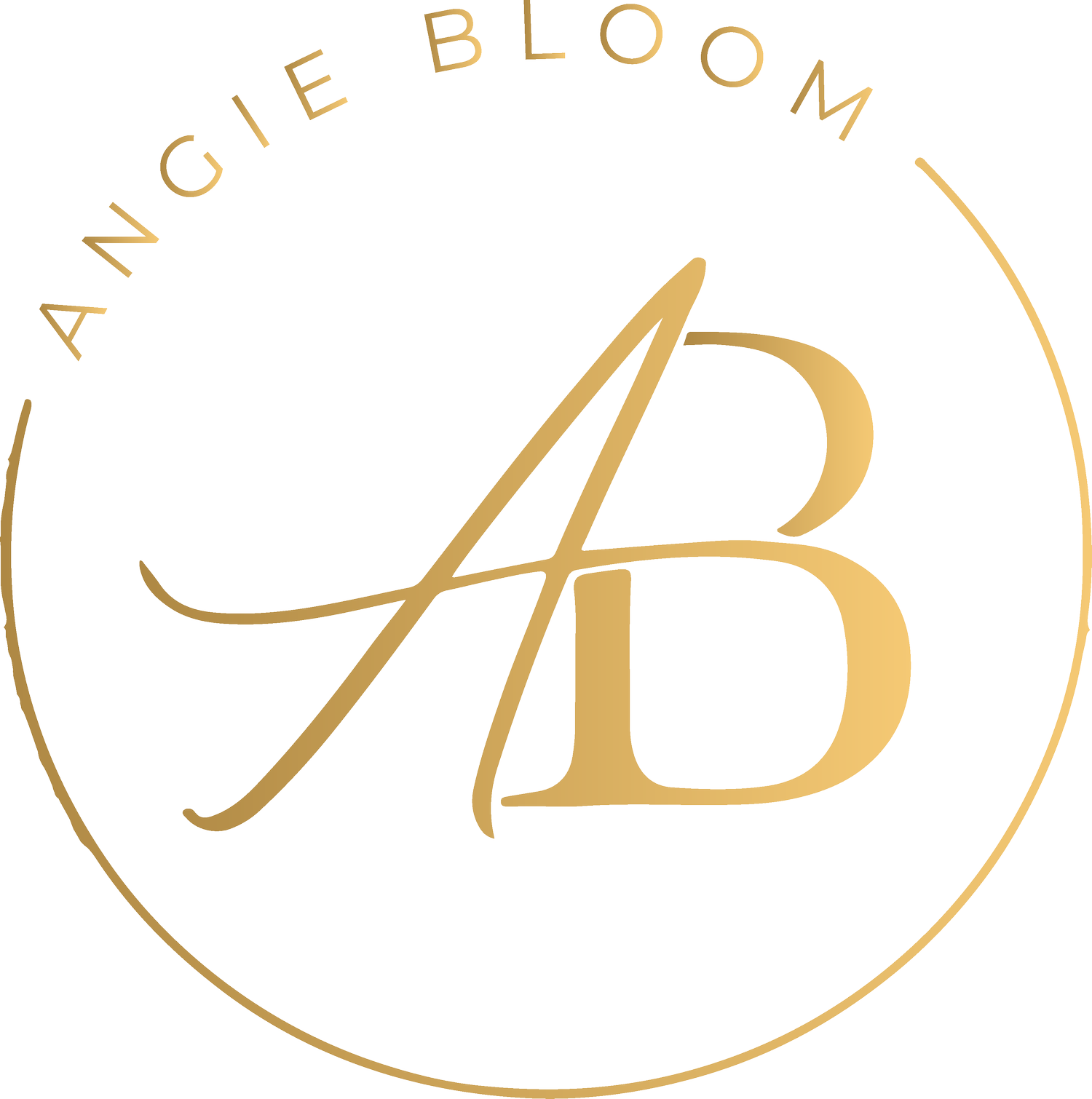Healing Your Relationship with Food: A Holistic Approach
Health + Wellness
Healing Your Relationship with Food: A Holistic Approach
Our relationship with food can often be a source of anxiety and confusion. We are bombarded with messages about what we should and shouldn't be eating, how our bodies should look, and what is considered healthy. This constant barrage of information can make it difficult to feel confident in our food choices and can lead to disordered eating patterns, feelings of guilt, and shame. As a holistic coach, energy practitioner, integrative healer, and personal trainer, I believe that healing our relationship with food starts with addressing not only what we eat but also how we approach eating.
Explore Your Beliefs and Triggers
Healing our relationship with food involves understanding the beliefs and triggers that underlie our relationship with food. We all have unique experiences and beliefs around food shaped by our upbringing, culture, and environment. Spend some time reflecting on what you believe about food and where those beliefs come from. Try to identify any triggers that cause you to turn to food for comfort or feel stressed around food. Identifying these beliefs and triggers can help you separate your emotions from eating and develop a more peaceful relationship with food.
Practice Intuitive Eating
Intuitive eating is a practice of tuning into your body's needs and eating in accordance with your natural hunger and fullness cues. This involves eating when you are hungry, stopping when you are full, and choosing foods that satisfy both your physical and emotional needs. Intuitive eating is a holistic approach that takes into account the mental, emotional, and physical aspects of our relationship with food. By practicing intuitive eating, you can develop a more positive relationship with food and your body.
Learn to Savor Your Food
In our fast-paced world, we often rush through meals or eat in a distracted manner. Learning to savor your food involves taking your time while eating, fully engaging your senses, and enjoying your food. Practice mindful eating by slowing down, taking small bites, and noticing the flavors and textures of your food. You'll not only enjoy your food more, but you'll also be more likely to eat until you're satisfied instead of overeating.
Cultivate a Positive Body Image
Our relationship with food and our bodies are closely linked. Learning to accept and love our bodies as they are can help us develop a more peaceful relationship with food. Focus on loving your body by practicing gratitude for what it can do rather than how it looks. Surround yourself with positive images and affirmations that celebrate body diversity.
Find Support
Healing our relationship with food can be challenging, and it's important to have a support system in place. Seek support from a holistic behavioral coach, counselor, or registered dietitian who specializes in disordered eating. Surround yourself with positive friends and family who support your goals and encourage a healthy relationship with food. Together, you can work towards building a positive relationship with food and your body.
Healing our relationship with food involves a holistic approach that takes into account the mental, emotional, and physical aspects of our relationship with food. By exploring our beliefs and triggers, practicing intuitive eating, learning to savor our food, cultivating a positive body image, and finding support, we can develop a more peaceful relationship with food and our bodies. When we approach food with mindfulness, gratitude, and self-compassion, we can nourish our bodies in a way that honors our unique needs and preferences. Remember, healing your relationship with food is a journey, not a destination, but with time and patience, you can achieve balance and harmony in your relationship with food.
Everyone experiences anxiety differently, and there's no one-size-fits-all solution. However, incorporating these six tools into your daily routine can help you manage anxiety and improve your overall well-being. Remember that it's essential to seek professional help if your symptoms persist or interfere with your daily life. You don't have to suffer alone. With the right tools and support, you can heal and help your anxiety.
I love helping my clients let go of painful experiences to help them rebuild trust, self-confidence, self-worth and belief in themselves by addressing the root causes with subconscious change. The tool I use is called PSYCH-K®, and is a quick, pain-free and completely safe way to reprogram your subconscious and to create lasting change for once and for all.
Within my holistic practice, we help you create a lasting self-care practice to regulate your nervous system in your day to day, so you can always hear and follow your whispers, instead of the big mac truck.
If you’re ready to stop dimming your light, start making easy decisions with confidence and follow through with what you want to achieve, while trusting your intuition, you can easily set up a free conversation with me.
>>>To Book Integrative Energetic Healing Services, click here
You might also like:
What to Pack? The everyday clean beauty care staples you need on your essential travel packing list.
Here’s a great total body workout that you can do from home. As a personal trainer for over 20 years, the most important piece when it comes to your health is making sure you are CONSISTENT. If you aren’t consistent, then you will never see results.
I love seeing you all tag me on Instagram! It’s so fun when you complete a workout and show me your progress. Allow me to cheer you on! Tag me if you try this workout @__angiebloom__
One More Post I Think You’ll Love >>>
A Favorite Post: Try my Favorite Healthy Cookie Dough




